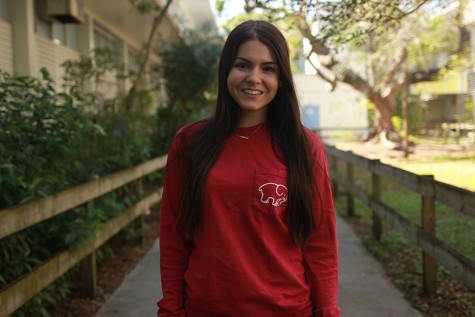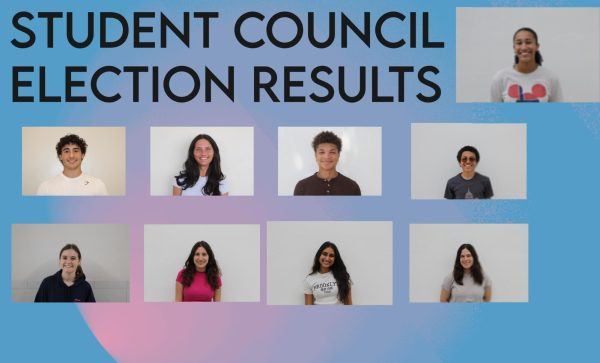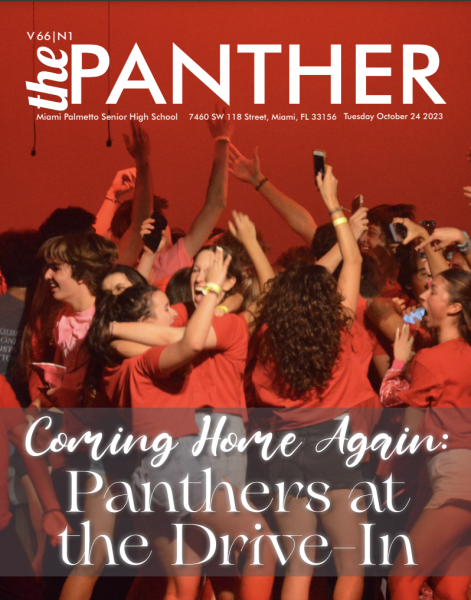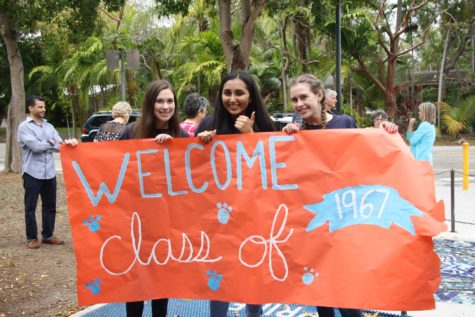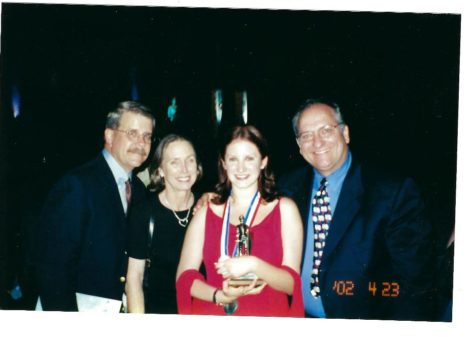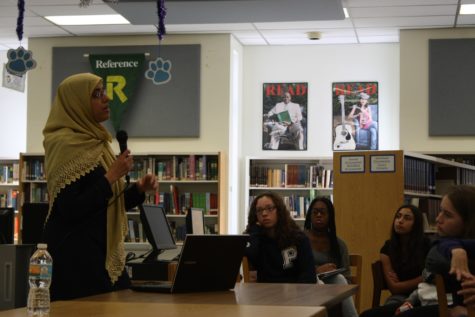Down Syndrome Awareness Month
October 31, 2014
Known as the month of pumpkin spice lattes, breast cancer awareness and Halloween, October has a much deeper meaning—Down syndrome awareness month. Many misconceptions deem Down syndrome as a condition that hinders one’s ability to live a normal life. A person with Down syndrome has an extra copy of Chromosome 21, altering an individual’s appearance, including slanted eyes, low muscle tone and small stature. Down syndrome also causes some cognitive delays. One in every 691 babies born in the United States has Down syndrome; over 400,000 people. Down Syndrome occurs in all races and economic levels, making it the most common genetic condition in the United States.
Doctors categorize Down syndrome as a genetic condition, not a hereditary condition. This means that although a difference in genes occurs, a mother with Down syndrome will not necessarily give their child the condition. One common misconception states that people living with Down syndrome have major cognitive delays, causing an inability to learn or function as normal human beings. In fact, these delays are considered mild to moderate, only making it more difficult to learn, but not impossible.
Many special schools in Miami such as The Learning Experience and Our Pride Academy accommodate the distinct needs of those with Down syndrome; they push their students to reach their maximum potential by offering a more individual approach to learning. Along with special schools, many parents choose to enroll their children with Down syndrome into therapy that assists with sensory, motor, social, self-help and verbal skills.
Recent advances in medicine have increased the life expectancy for those living with Down syndrome. In 1983, a person living with Down syndrome had a life expectancy of 23 years old. Today, someone living with Down syndrome can live until they are 60 or older. Additionally, those with Down syndrome have a greater risk of developing medical complications such as Alzheimer’s, heart issues and thyroid issues. However, advances in medicine can help control these complications.
Another misconception associated with Down syndrome states that people affected with this condition can never live a successful life and they can never hold a job. Employers such as Publix and Goodwill proudly hire people with a broad range of disabilities and special needs, proving this common misconception false.
To build awareness, the Down Syndrome Association of Miami hosts an annual walk, the “Miracle Walk” on Miracle Mile, in addition to other events throughout the year. Originally planned as a small event, it has transformed into an annual occasion. On November 2nd, the 8th annual walk will take place, as long as their inaugural 5k run. In addition to the walk/run, the Down Syndrome Association of Miami organizes smaller events such as picnics and soccer clinics.
My beautiful younger sister, Mariana, has Down syndrome. She is eight years old, goes to school, has many friends, lives a healthy life and brings joy to everyone she meets with her brilliant smile. She proves that those with Down syndrome can lead lives just as everybody else. Because of Mariana, I am inspired to help create awareness for this heart-touching cause.




